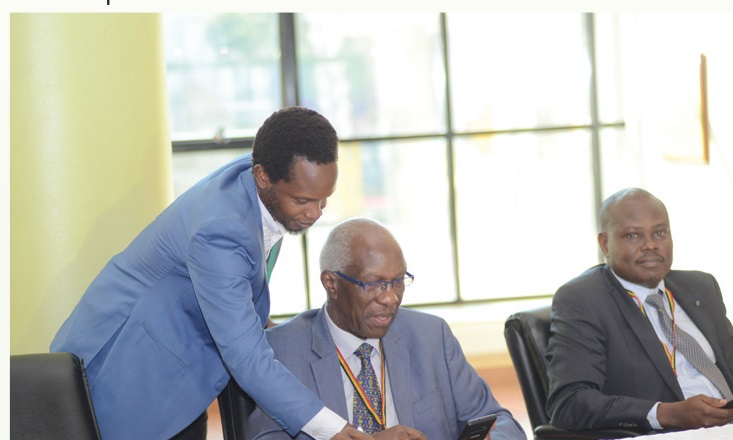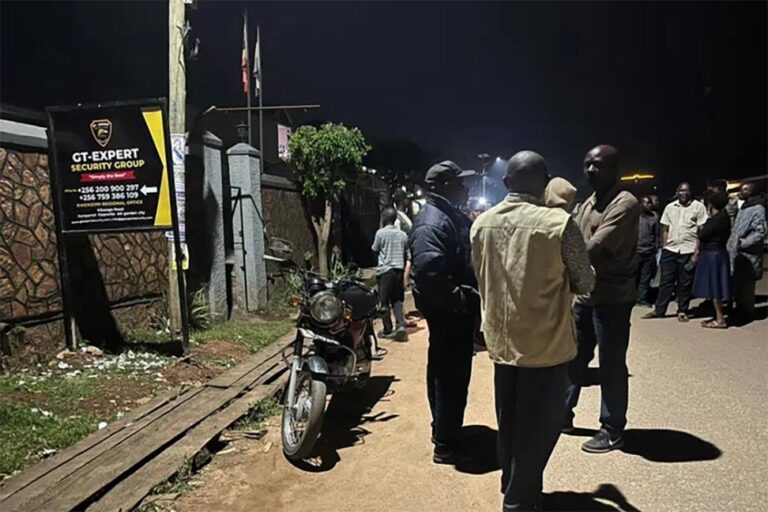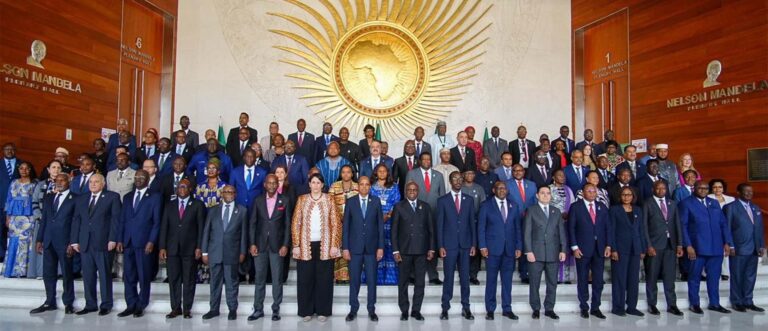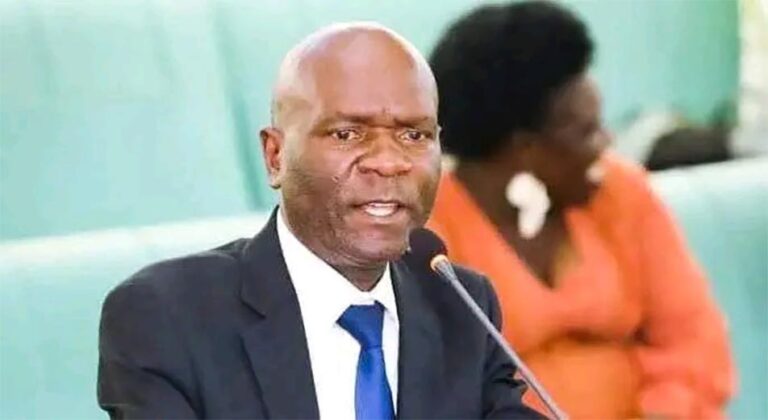
John Muwanga, Uganda’s Auditor General launches the Citizen Feedback Platform APP
Kampala, Uganda I HABARI DAILY I Kampala, Uganda The rehabilitation of the Tororo-Gulu railway line is set to revolutionize transportation and trade in Uganda, offering a cost-effective alternative to road transport. With a total distance of over 700 kilometers, the railway line will connect key regions, including Mbale, Soroti, Lira, and Gulu, enhancing connectivity and trade opportunities.
John Muwanga, the Auditor General, highlighted the environmental benefits of the project, stating that the reduced emission of greenhouse gases from trains makes it an environmentally friendly undertaking. In his report to Parliament for the Financial Year Ended June 30, 2022, Muwanga emphasized that the railway line will contribute to raising the standard of living for people in the project area.
The strategic location of the Tororo-Gulu railway line will serve as a vital link between the port of Mombasa, Northern and Eastern Uganda, South Sudan, and the Democratic Republic of Congo. This connectivity will facilitate seamless trade and transportation, stimulating economic growth in the region.
Initially, the government signed a grant financing agreement of Euro 34.6 million with the European Union in December 2019 to fund the rehabilitation of the rail line. However, due to funding problems, the agreement was terminated before its scheduled completion date of December 10, 2023.
To ensure the project’s continuity, the government entered into a partnership with the China Road and Bridge Corporation (CRBC). The CRBC was contracted to rehabilitate the Tororo-Gulu railway line after successfully completing the rehabilitation of the Malaba-Tororo stretch, which is now operational.
Scheduled to last 24 months, the rehabilitation works for the railway line commenced in April 2023. David Bulega Musoke, the Managing Director of Uganda Railways Corporation, expressed optimism that the fully government-funded project worth Sh199 billion would significantly boost business activities in the northern region. Musoke emphasized the importance of empowering Ugandans economically by involving them in the project and providing training opportunities for future assignments.
The rehabilitation works encompass various aspects, including drainage improvement, construction of new culverts, earthworks, relocation of utilities, rehabilitation of steel girder bridges, railway track relaying, and construction of level crossings. These measures will enhance the efficiency and safety of the railway line, benefiting both freight and passenger transportation.
However, the termination of the initial contract with Sogea Santon, a European firm, due to funding problems led to financial losses for the government. The project, which had a total cost of Euros 47.6 million, with the government contributing Euros 26 million and the European Union Euros 21.5 million, incurred termination damages of Euro 3 million.
Critics, such as Fredrick Angura, the Tororo South County MP, have raised concerns about corruption and its impact on large-scale projects. Angura believes that some officials intentionally sabotage projects to benefit from corrupt practices, thereby hindering progress and economic growth in border districts like Tororo.
Despite the setbacks faced during the project’s earlier stages, the rehabilitation of the Tororo-Gulu railway line represents a significant milestone for Uganda’s transportation infrastructure. The completion of this project will not only improve connectivity within the country but also foster regional trade and economic development.




